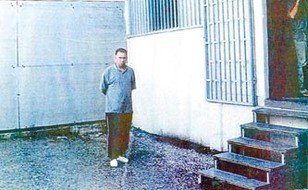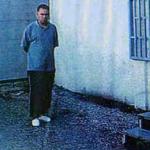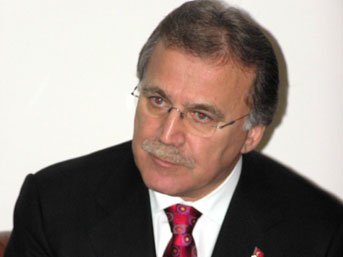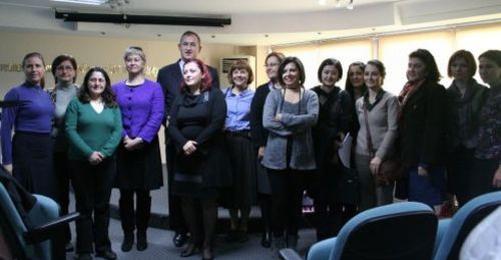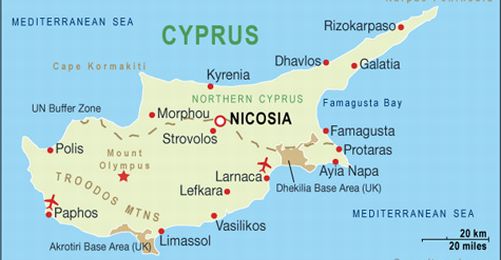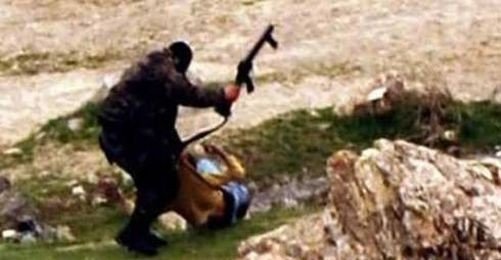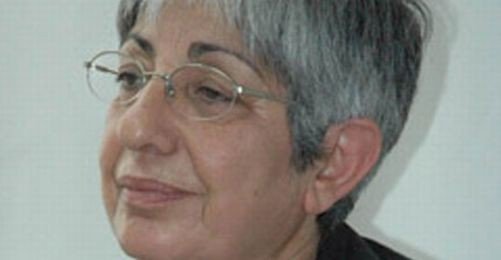Lawyer Selçuk Kozağaçlı, a member of the Contemporary Jurists Association (ÇHD), has described government’s demanding of collaboration for relaxing the isolation Abdullah Öcalan, imprisoned leader of the Kurdistan Workers Party (PKK), lives in as degrading.
“Justice Minister’s announcement shows what is expected of a convict to better his conditions. It is not enough to obey the rules of the prison; some form of repentance, some form of obedience is expected.”
“This shows clearly the mentality of the penal system.”
Şahin: If he stops the PKK, then yes…
A prison to hold a few convicts is being built on the island of Imralı, where Öcalan is being kept. Minister Mehmet Ali Şahin says “We do not know if some convicts will be sent to this prison Even if some sent, he will be able to chat with them only if he is in good behaviour.”
“The law says that the relations of the convicts sentenced to life in solitary confinement and with no possibility of parole with the other convicts in the same unit can be arranged. This cannot be more than ten hours a week. But if he changes his mind and says ‘stop all this, a fight cannot be had with bombs,’ then the prosecutors may reevaluate the new situation.”
Political pressure on top of the punishment
Kozağaçlı said that the penal system concentrates on making the convicts serve their time alone and therefore it was not peculiar to Öcalan.
On the other hand, İmralı is special. “One does not hear anything. Because of the situation of the island, seeing one’s family, one’s lawyer, in short, using one’s already restricted right of seeing others is up to the arbitrary wishes of the officials. It is very difficult to supervise this.”
However, it is possible to have partial socialization, but the minister says this is possible if the minister accepts.
“Actually this is the case for every political convict. Since Öcalan can have an influence outside, they propose him collaboration. If he is sending messages outside, this is actually a crime, but the minister is encouraging him to commit this crime. As if it is not enough to deprive him of his freedom, they also want him to give up his political and cultural identity. From the perspective of the convict, this is very degrading, it is unacceptable.”
Critiques
The rights defenders had opposed to the new arrangement and in the case of Öcalan, the rights defenders both within the country and internationally have demanded many times the lifting of the isolation.
Preparing a report after its visit to the island in 2007, the Council of Europe’s Committee for the Prevention of Torture had demanded improvement of Öcalan’s conditions. The bad treatment assertions that came up many times finally materialized into an action and many people had protest meetings in various cities.
Alone for nine years
Öcalan was caught by the intelligence units in Kenya on February 16, 1999 and brought to Turkey. He was brought to the prison on the island of Imralı.
Öcalan was sentenced to death penalty on June 29. Since the death penalty was abolished in accordance with the process of adaptation to the laws of the European Union (EU), his sentence was converted to life imprisonment. (EÜ/TB)





